

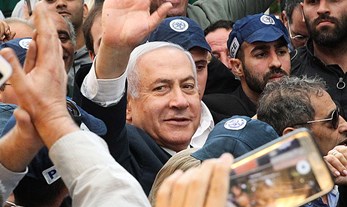
A Majority of Israelis Prefer a Unity Government
Written By: Prof. Tamar Hermann, Dr. Or Anabi
September 2019 Israeli Voice Index found that a majority of Israelis prefer a unity government. Additionally the majority of Israelis do not think the State should offer Benjamin Netanyahu a plea bargain or that he would agree to one.
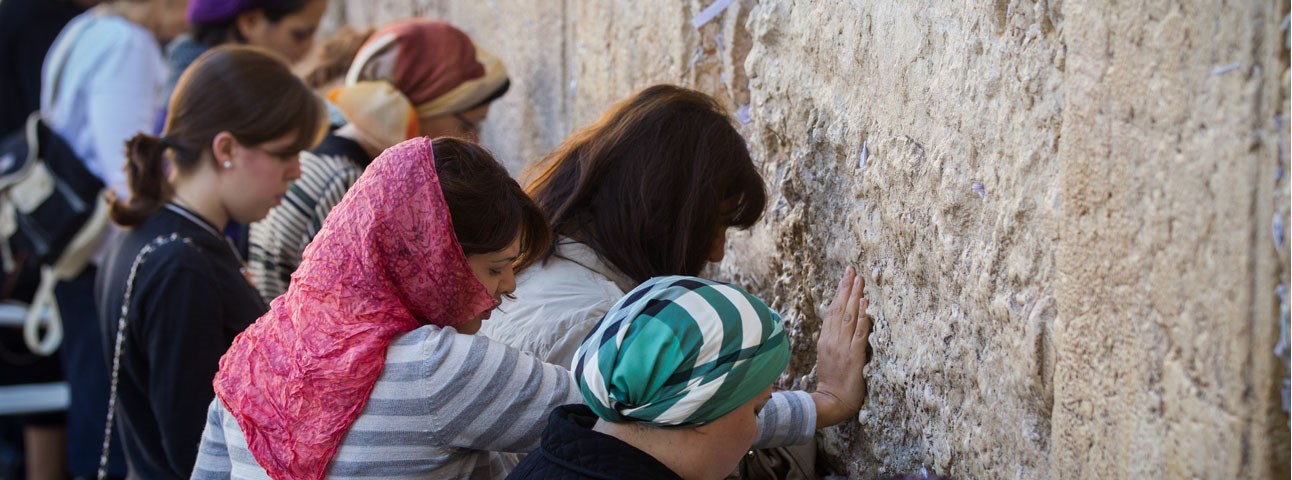
Facing Their Destiny
Written By: Yair Sheleg
All of us face the dread of the unknown future and the fate it holds for us.

Privacy in a Digital World
Written By: Dr. Tehilla Shwartz Altshuler
Technological progress has created a situation of severe tension and incompatibility between the right to privacy and the extensive data pooling on which the digital economy is based. This development requires new thinking about the substance of that right.
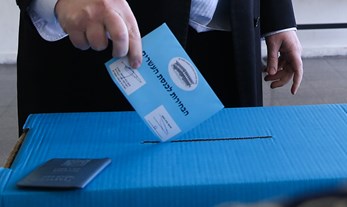
In Praise of Normalcy
Written By: Prof. Yedidia Z. Stern
Despite all the fears, voter turnout was quite respectable (the third-highest rate in the seven elections this century).

Jewish or Democratic? We Mustn’t Choose Between Them
Written By: Dr. Shuki Friedman
Recent elections have brought to fore the struggle between religion and state - the balance between the constitutional elecemtns and the place of religion. In this tug-of-war, a compromise can be the only victory.
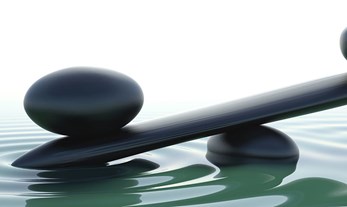
Proportionality and the Right to Equality
Written By: Dr. Guy Lurie
This article focuses on the overlap and interaction between the doctrine of proportionality and other doctrines used to assess the constitutionality of state violations of the right to equality

Proportionality and Policy Analysis: An Integrative Discussion and Its Implications
Written By: Prof. Mordechai Kremnitzer, Prof. Raanan Sulitzeanu-Kenan
In this paper, we present the first integrative discussion of policy analysis and legal proportionality in order to specify a method of meaningful integration of the proportionality requirements into policy analysis.
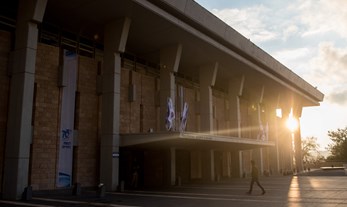
Farewell Elections, Hello 35th Government
Written By: Prof. Ofer Kenig
The strangest and most polarizing election in Israel’s history is now over. The people have spoken, and we’re now entering the next stage of the political lifecycle: forming a new government. What are the rules governing this process, and what can be learned from a historical and comparative perspective?
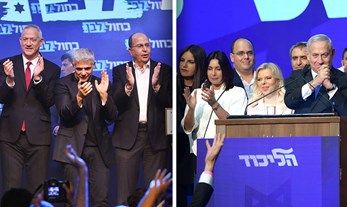
September 2019 Elections - Initial Analysis
Written By: Prof. Ofer Kenig
After an unprecedented second round of elections - the final outcome is still unclear. We’re now entering the next stage of the political lifecycle: coalition negotiations - Dr. Kenig explains what’s next
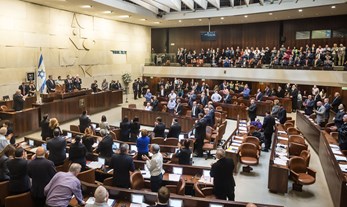
Democracy: Rule of the People?
Written By: Prof. Yuval Shany
The recent wave of populism forces us to sharpen our understanding of the literal meaning of 'democracy' and 'the rule of the people' as well as the accepted definition of liberal democracy
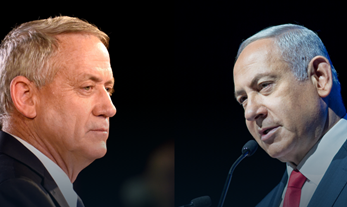
Post-Election Scenarios and the Case for Unity
Written By: Yohanan Plesner
Of the three realistic options, a unity government seems optimal. The other possibilities - a third round of voting or a narrow, right-wing government - carry exorbitant price tags.
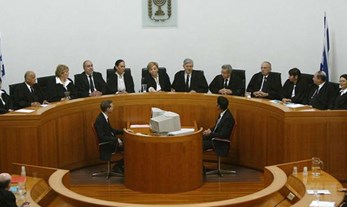
The Knesset and the Court: Is This Israel’s Override Election?
Written By: Yohanan Plesner
"This election will be less about which candidate ends up as prime minister, but rather the real possibility of radical judicial reforms that might soon pass in the Knesset and which would limit the Supreme Court’s ability to perform crucial oversight over the political system."
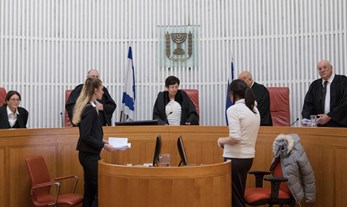
Whatever Happened to the Override Clause?
Written By: Prof. Yuval Shany
It turns out that voters actually want robust judicial oversight - which explains why the Override Clause and placing limitations on judicial review have not been prominant in the election campaign
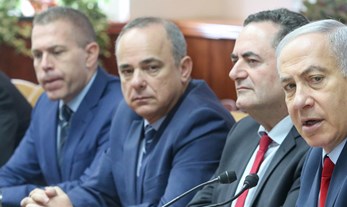
Camera Bill Legislation: Misuse of Political Power of a Transitional Government
An unprecedented decision that adversely affects the status of the Attorney General and constituted a misuse of political power by a transitional government.

Defending Women’s Rights to Serve Equally
Written By: Dr. Idit Shafran Gittleman
Creating a gender-equal military is a complicated task, but the IDF must not forget its responsibility, nevertheless many Israeli soldiers have not been trained on gender equality says Idit Shafran Gittleman.
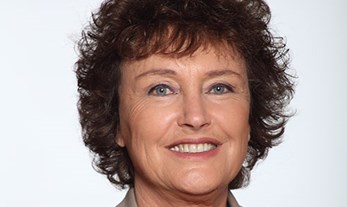
Economic Policy - Professional Independence and Long Term Planning
Excerpts from the presentation of Prof. Karnit Flug, IDI’s newly appointed Vice President, at the ‘Globes’ Governors Conference”
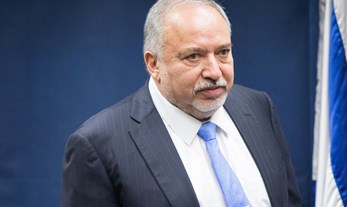
Two Weeks to Election Day: IDI Poll Reveals Jewish Israelis are in Favor of a Unity Government
Written By: Prof. Tamar Hermann, Dr. Or Anabi
The August 2019 Israeli Voice Index found that Jewish Israelis show a strong preference for a unity government while Arab Israelis prefer a center-left wing government led by Gantz and that over the past five months there has been a steady decline in the public’s optimism about the future of Israel’s democracy and security
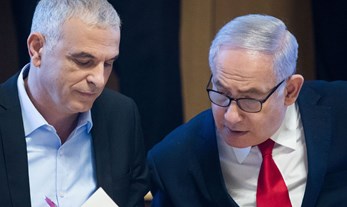
Quarter of the Population Gives Government's Policies a Failing Grade
Two and a half weeks ahead of the elections, a special IDI survey reveals that the Israeli public gives government economic policies a failing grade and supports increasing the budgets allocated to health, education, welfare, and public transportation services

New School Year 2019
The majority of the public would prefer to pay more taxes, in exchange for funding of education from birth for all Israeli children; The respondents defined the main factor impacting the quality of education, is the quality of teaching in schools; Moreover, most Israelis would not encourage their children to work as teachers in the future
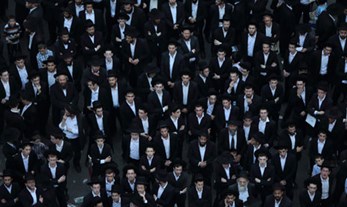
Misery Loves Company
Written By: Dr. Asaf Malchi
In light of their demographic growth, the ultra-Orthodox community in Israel have to attempt to become part of in the broader Israeli society.
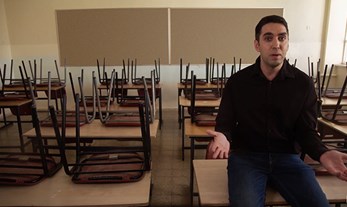
Vocational Training
Vocational training in Israel used to be a success story, but lack of funding and management has severely compromised its effectiveness. Dr. Eitan Regev explains how this in turn impairs productivity and wages and what should be done to improve this important program.

Ultra-Orthodox Education for Boys
Secular studies should be incorporated into the curriculum in ultra-Orthodox schools for boys, says Dr. Gilad Malach. It is vital to the future of Israeli economy and society and can be done without compromising Torah study.
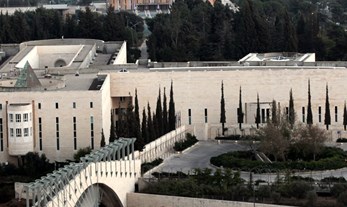
The Supreme Court Doesn't "Tie Hands"
Written By: Dr. Amir Fuchs
On claims that the High Court ties the security establishment's hands, Dr. Amir Fuchs says "the truth is that when authoritative figures from the defense establishment appear before the court to support some important security requirement, the court almost always adopts their argument".
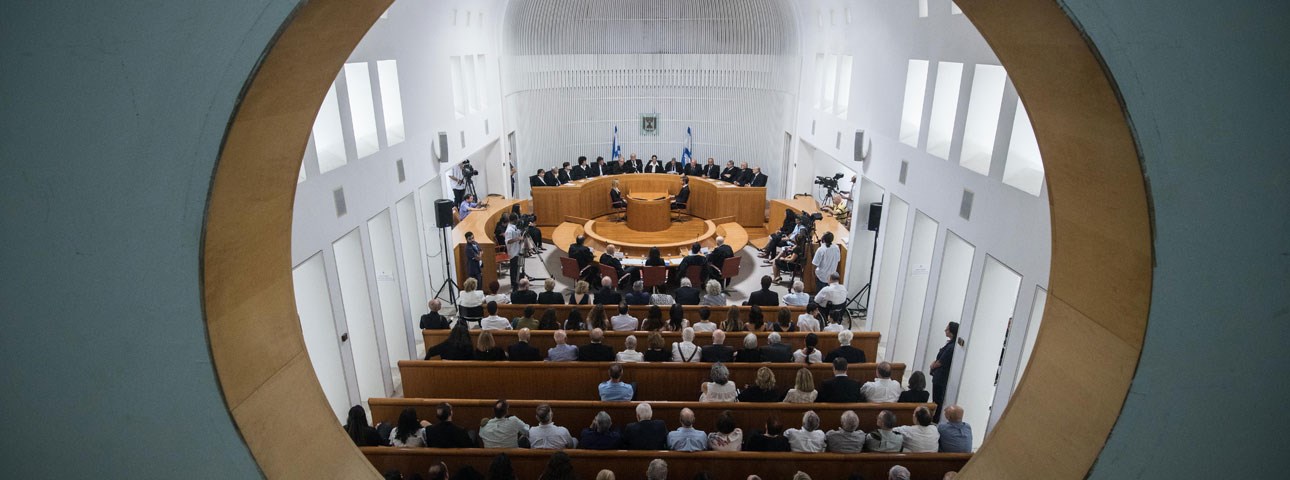
Attempts to Curtail the Supreme Court
Written By: Yohanan Plesner
The Israel Democracy Institute offers a look inside efforts to reduce politicization of Israel's Supreme Court.
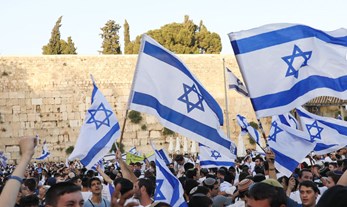
Religion and State: Israelis Seek Change in Existing Arrangements
Even though most Israelis support opening businesses & public transportation on Shabbat issues of religion and state will not decide the September elections
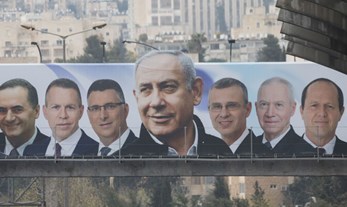
The Positions of the Israeli Right-Wing
Written By: Prof. Tamar Hermann, Dr. Or Anabi
This special survey examines attitudes of right wing voters on a number of issues related to September's election including the possibility of a unity government and recent proposals that would limit judicial review and oversight of Knesset and government decisions.
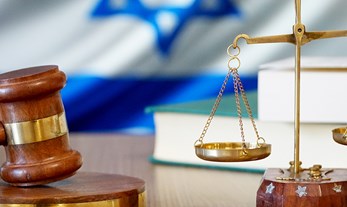
Overwhelming Support for Retaining Judicial Review Among Right Wing-Voters
A special IDI survey examined attitudes of right wing voters and found that 42% of right-wing voters support a unity government and that 43% oppose additional political power for elected officials at the expense of the Judicial Branch of government.

Solidarity is a Must for the Survival of the Jewish people
Written By: Dr. Shuki Friedman
Jewish solidarity is an existential imperative. As we mark the solemn day of Tisha B'Av, Dr. Friedman reflects on the importance of strengthening the common denominator among all Jewish communities.
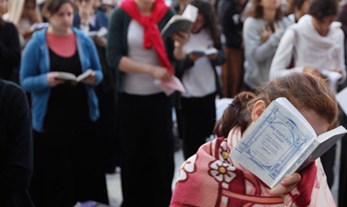
Tisha B'Av: What's Worth Mourning For?
Written By: Yair Sheleg
Strengthening the norms that are founded on our shared national traditions can help fortify our shared national identity - but any attempt to impose religious norms on a public when the majority does not identify with them will only lead to division and hate, says Yair Sheleg as we mark the mourning day of Tisha BÁv.

No Female Pilots in IDF? – Get Over it!
New IDI Campaign to Warn Against Attempts to Decimate Supreme Court and Grant Unlimited Power to Politicians

